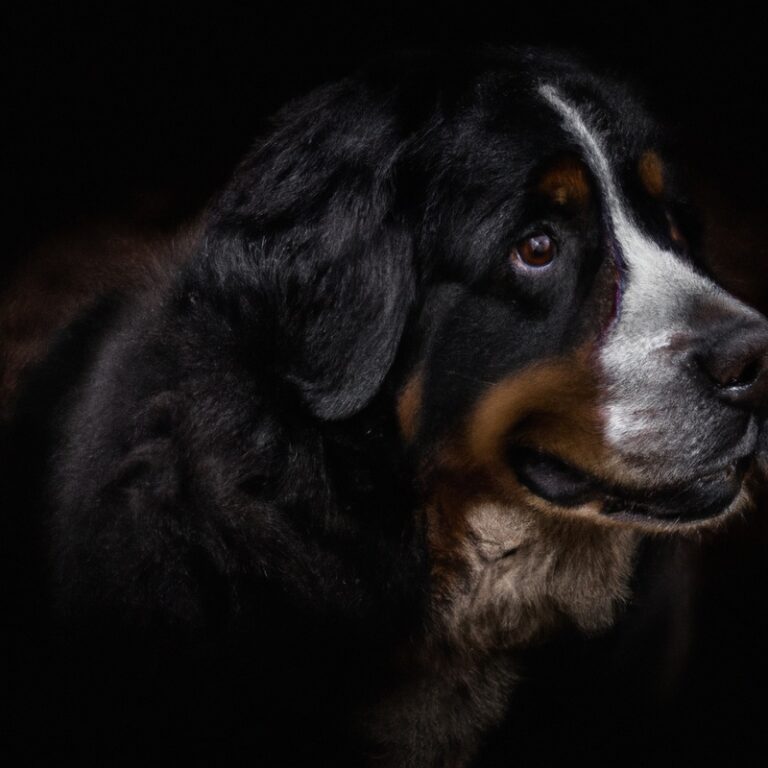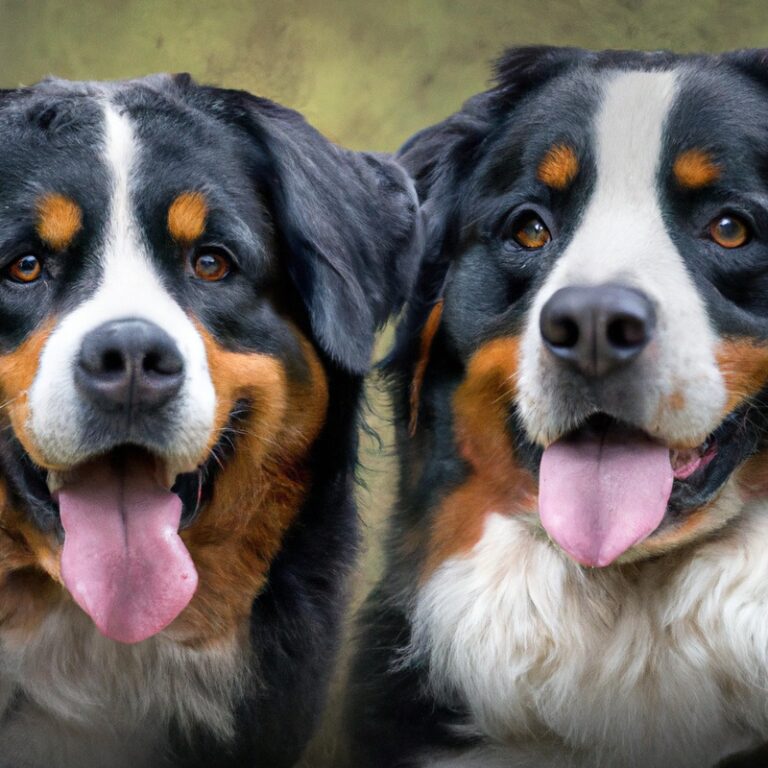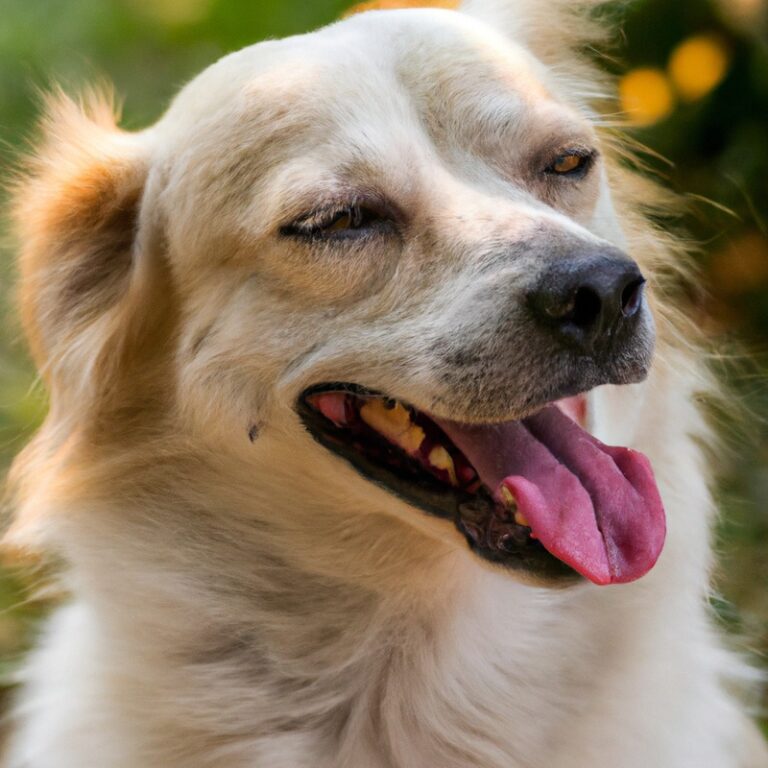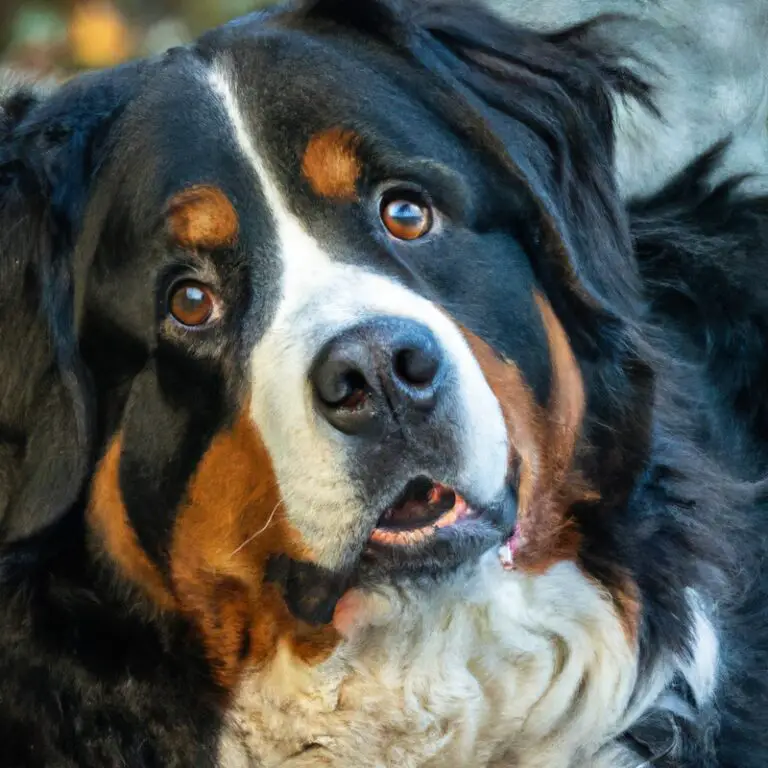Are Bernese Mountain Dogs Easy To House-Train?
Key Takeaways:
- Bernese Mountain Dogs can be challenging to house-train due to their stubborn nature.
- Consistency and patience are crucial when house-training Bernese Mountain Dogs.
- Using positive reinforcement techniques can help expedite the house-training process.
- It’s essential to establish a regular routine for bathroom breaks to successfully house-train Bernese Mountain Dogs.
Are Bernese Mountain Dogs easy to house-train? If you’re thinking of welcoming one of these adorable and lovable giants into your home, this question might be at the top of your mind.
As someone with a passion for these majestic creatures, I understand the importance of a well-trained and well-behaved Berner.
In this article, we’ll explore the house-training process for Bernese Mountain Dogs, including the challenges you may encounter and the factors that can influence their success. I’ll also share some valuable tips to help you navigate the house-training journey with your furry friend.
So, let’s dive in and discover the secrets to successfully house-training your Bernese Mountain Dog!
| Pros | Cons | |
| Temperament | Intelligent and eager to please, which aids in their training | Can be stubborn and independent at times |
| Size | Easy to handle during house-training | May have accidents indoors due to their large size |
| Coat | Do not require frequent outdoor potty breaks during cold weather | May have accidents indoors if not let out frequently during hot weather |
| Consistency | Respond well to consistent training methods | May take longer to house-train if training is inconsistent |
| Health | May have accidents indoors due to health issues | May take longer to house-train if dealing with health concerns |
Understanding the House-training Process
Importance of House-training for Bernese Mountain Dogs
House-training is extremely important for Bernese Mountain Dogs.
It helps them develop good habits and prevents accidents in the house.
Proper training ensures that they understand where and when to relieve themselves.
It also builds a strong bond between you and your dog and promotes their overall well-being and happiness.
Consistency, positive reinforcement, and patience are key when house-training a Bernese Mountain Dog.
Regular, scheduled bathroom breaks and reward-based training methods are highly effective in teaching them to be clean and well-behaved indoors.
Typical House-training Challenges for Bernese Mountain Dogs
House-training Bernese Mountain Dogs can present some challenges.
They have a reputation for being slower to learn and may take longer to grasp the concept of potty training.
One challenge is their stubbornness and independent nature, which can make it difficult to establish a consistent routine.
Additionally, Bernese Mountain Dogs are known for being sensitive to weather conditions, so they may be reluctant to go outside during extreme temperatures or heavy rain.
Patience, consistency, and positive reinforcement are key in overcoming these challenges.
Factors Influencing House-training Success
Factors influencing house-training success include consistency, patience, and positive reinforcement. Providing a designated potty area and adhering to a regular schedule can help establish a routine.
Monitoring your Bernese Mountain Dog’s behavior and acting quickly can prevent accidents.
Using rewards and praise for desired behavior reinforces good habits. Proper supervision and limiting access to the house can also contribute to successful house-training.
Remember, every dog is unique, so be prepared to adapt your approach as needed.
Tips for House-training Bernese Mountain Dogs
Establishing a Consistent Routine
Establishing a consistent routine is key when house-training a Bernese Mountain Dog.
Start by setting regular times for feeding, bathroom breaks, and exercise.
Take your dog outside immediately after meals to encourage bathroom habits.
Use consistent verbal cues and rewards for successful elimination outside.
Keep a close eye on your dog’s behavior and take them out frequently, especially after naps or playtime.
Avoid punishing accidents and instead, focus on positive reinforcement.
With time and patience, your Bernese Mountain Dog will learn the routine and become house-trained.
Positive Reinforcement Training Techniques
Positive reinforcement training techniques are highly effective when it comes to house-training Bernese Mountain Dogs.
Here are a few key techniques to keep in mind:
- Use treats and praise: Reward your dog with treats and praise whenever they exhibit desired behavior, such as going potty outside.
- Consistency is key: Stick to a regular schedule for feeding, potty breaks, and training sessions to establish a routine.
- Establish a designated potty area: Take your dog to the same spot in the yard every time they need to go, and reward them when they do their business there.
- Patience and positive attitude: Training takes time, so be patient and maintain a positive attitude. Bernese Mountain Dogs thrive on positive reinforcement and will respond well to your encouragement.
Crate Training as an Aid to House-training
Crate training can be a helpful tool when house-training your Bernese Mountain Dog.
It provides a safe and comfortable space for your dog, and helps them develop bladder and bowel control.
Make sure the crate is the right size for your dog, with enough room to stand, turn around, and lie down.
Use positive reinforcement and rewards to encourage your dog to enter and stay in the crate.
Gradually increase the time your dog spends in the crate, and always take them outside immediately after being let out.
This will help them associate going outside with relieving themselves, and aid in the house-training process.
Supervision and Regular Potty Breaks
Supervision and regular potty breaks are key for successful house-training with Bernese Mountain Dogs. Make sure to closely watch your pup at all times to prevent accidents.
Take them outside frequently, especially after meals, naps, and play sessions.
Establish a consistent routine to help them understand when and where to go potty. Give plenty of praise and rewards when they successfully eliminate outside.
With proper supervision and regular potty breaks, your Bernese Mountain Dog will become house-trained in no time.
Handling Accidents with Patience and Understanding
Handling accidents during house-training requires patience and understanding.
It’s important to remember that accidents happen, especially when training a Bernese Mountain Dog.
Instead of getting frustrated, focus on how to respond.
Here’s what you can do:
- Clean up the mess promptly to avoid lingering smells.
- Avoid scolding or punishing your dog, as it may confuse them.
- Stay consistent with your training routine and reinforce positive behaviors.
- Keep an eye on your dog’s cues and take them outside regularly.
- Reward your dog for going potty in the designated area.
- Consider using crate training as a helpful tool in the house-training process.
Remember, accidents are a normal part of the learning process, and with patience and understanding, your Bernese Mountain Dog will become house-trained in no time.
Common Mistakes and Pitfalls to Avoid
Punishment-Based Training Methods
Punishment-based training methods, such as yelling or physical discipline, should be avoided when house-training Bernese Mountain Dogs. These methods can be harmful and may hinder the learning process.
Instead, focus on positive reinforcement techniques, such as rewarding good behavior with treats or praise.
Consistency, patience, and understanding are key. Consult a professional dog trainer for guidance on effective and humane training methods for your Bernese Mountain Dog.
Inconsistency in Training Approach
Inconsistency in training approach can often hinder the house-training process for Bernese Mountain Dogs. Dogs thrive on routine and structure, so it’s important to establish a consistent training schedule.
If you switch between different training methods or fail to enforce rules consistently, your dog may become confused and have difficulty understanding what is expected of them.
Make sure everyone in your household is on the same page and follows the same training techniques. Patience and consistency are key when house-training a Bernese Mountain Dog.
Lack of Patience and Persistence
Lack of patience and persistence can hinder the house-training progress with Bernese Mountain Dogs.
It’s essential to remember that every dog is unique, and training takes time.
You must have patience, even when accidents happen.
Consistency and persistence are key.
Stick to a consistent routine, offer positive reinforcement, and redirect any mistakes calmly.
Avoid getting frustrated or giving up too soon.
With patience and persistence, your Bernese Mountain Dog will become reliably house-trained.
Neglecting to Address Underlying Health Issues
Neglecting to address underlying health issues is a common mistake when house-training Bernese Mountain Dogs. It is important to remember that certain health conditions can affect a dog’s ability to control their bladder and bowel movements.
If your Bernese Mountain Dog is struggling with house-training despite your efforts, it is essential to consult with a veterinarian to rule out any underlying medical issues.
Addressing these health issues is crucial for successful house-training.
Frequently Asked Questions (FAQs)
How long does it usually take to house-train a Bernese Mountain Dog?
House-training a Bernese Mountain Dog can vary in terms of duration.
On average, it usually takes about 4 to 6 months to fully house-train a Bernese Mountain Dog.
Consistency, positive reinforcement, and a regular schedule are key to successfully house-training your Bernese Mountain Dog.
Remember to be patient and consistent in your efforts, and always praise and reward your dog for successfully eliminating outside.
With time and proper training, your Bernese Mountain Dog will become a well-behaved and house-trained companion.
Can older Bernese Mountain Dogs be house-trained?
Yes, older Bernese Mountain Dogs can be house-trained.
While it may take a bit more time and patience compared to training a younger dog, it is definitely possible.
Consistency and positive reinforcement are key.
Establish a routine, take them outside frequently, and reward them when they eliminate in the appropriate spot.
Avoid scolding or punishment, as it can hinder the training process.
With time and effort, your older Bernese Mountain Dog can learn to be house-trained.
Is it possible to house-train a Bernese Mountain Dog in an apartment?
Yes, it is possible to house-train a Bernese Mountain Dog in an apartment.
However, it will require patience, consistency, and a proper routine.
Start by crate training your dog and establish a designated potty area outside.
Take your dog for frequent potty breaks and reward them when they go in the right spot.
Use positive reinforcement methods and be consistent with your training.
Provide plenty of exercise and mental stimulation to prevent accidents or destructive behavior.
With time and effort, your Bernese Mountain Dog can become successfully house-trained in an apartment.
What should I do if my Bernese Mountain Dog keeps having accidents indoors?
If your Bernese Mountain Dog keeps having accidents indoors, there are a few steps you can take to address the issue:
- Establish a consistent routine for bathroom breaks and stick to it. Take your dog outside frequently, particularly after meals, naps, and playtime.
- Supervise your dog closely indoors and watch for signs that they need to go outside, such as sniffing around or circling.
- Use positive reinforcement to reward your dog for going potty outside. Praise and give treats immediately after they eliminate in the appropriate spot.
- Clean any accidents thoroughly with an enzymatic cleaner to remove the scent and discourage repeat incidents.
- Consider crate training your Bernese Mountain Dog to help with house-training. A crate creates a designated safe space for your dog when you are unable to supervise them closely.
Remember, consistency, patience, and positive reinforcement are key when house-training any dog, including Bernese Mountain Dogs.
Final Verdict
House-training Bernese Mountain Dogs can present its challenges, but with the right approach and consistent training, it is definitely achievable. Establishing a consistent routine, using positive reinforcement techniques, and providing supervision and regular potty breaks are key to successful house-training.
Avoiding punishment-based training methods, inconsistency, and lack of patience is crucial.
And remember, addressing any underlying health issues is essential. With time, patience, and persistence, you can successfully house-train your Bernese Mountain Dog and enjoy a clean and well-behaved companion.
In summary, house-training Bernese Mountain Dogs requires a consistent routine and positive reinforcement.
Supervision and regular potty breaks are important, while punishment-based methods should be avoided. Health issues must be addressed, and patience and persistence are key.
Overall, with the right approach, house-training a Bernese Mountain Dog is definitely possible.







